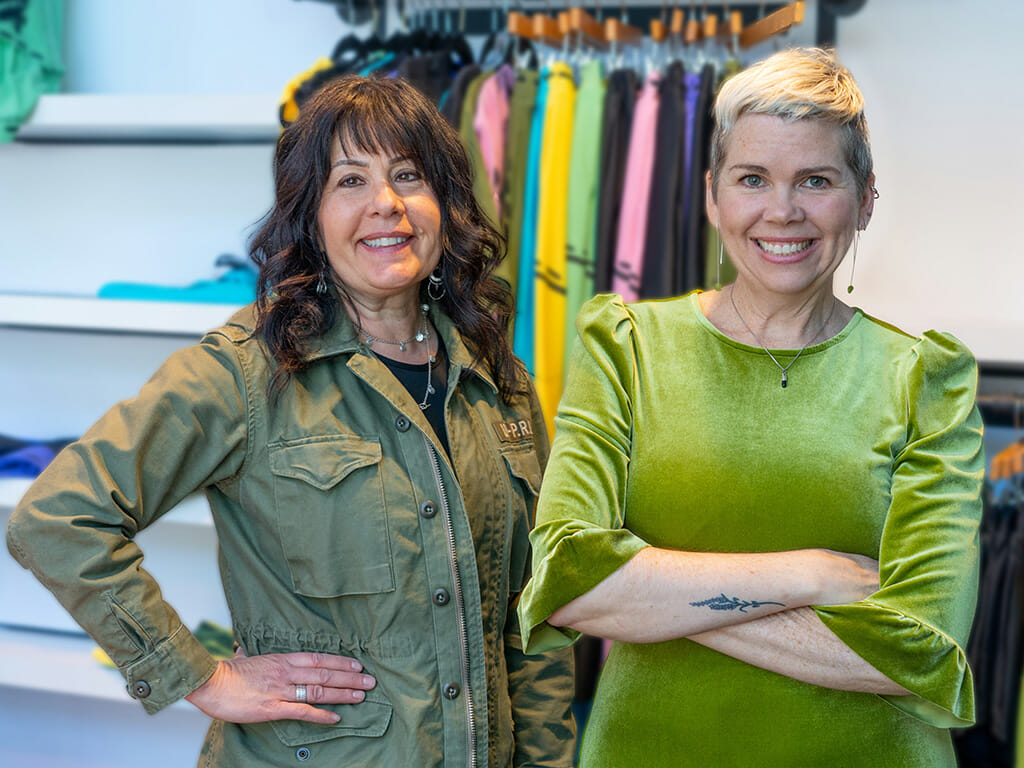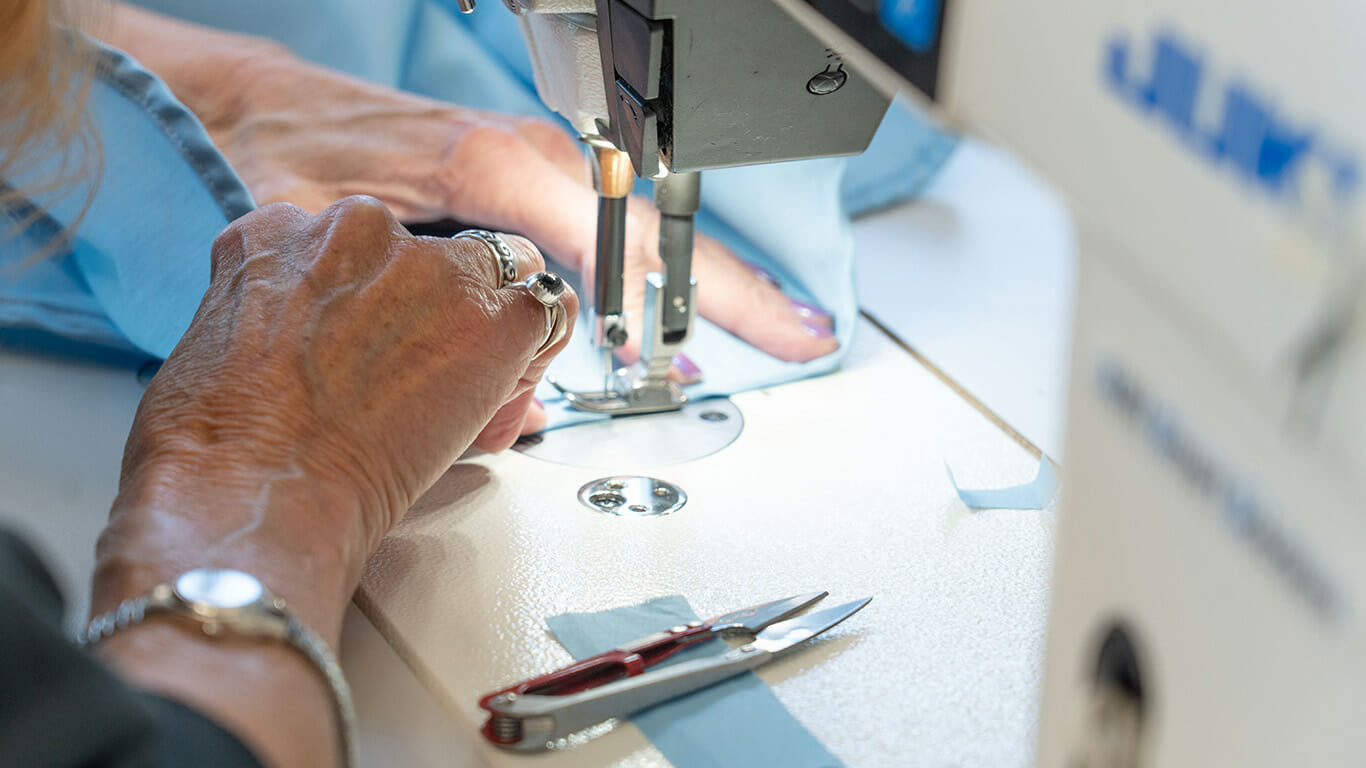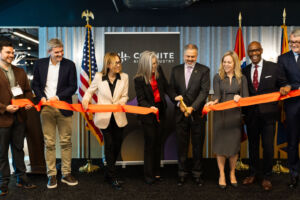There comes a time in all our lives when we have to move on from where we are — even businesses experience this, occasionally. FABRIC, the fashion incubator in Tempe, has come to this moment and will be hosting its grand reopening in a new location April 22.
LEARN MORE: Phoenix’s Somewhere Sunny creates swimwear made of recycled plastic water bottles
DEEPER DIVE: 9 summer fashion trends that will keep you cool and business appropriate‘
Angela Johnson and Sherri Barry founded FABRIC in 2016 with the same mission it has today: “FABRIC helps apparel entrepreneurs fill a void in the market. It’s where a brand owner can come to find all of the resources they need at any stage of their business. No experience necessary.”
Since its founding, FABRIC has been housed in the Tempe Performing Arts Center due to a partnership Johnson and Barry entered into with the city of Tempe.
“If Angela and I were going to rank the reasons why we started and still exist, are thriving and continue to now be pioneers in the fashion industry, it’s because of the support of the city of Tempe,” Barry says.
FABRIC has been running on a nonprofit model, offering free fashion-related classes and resources in order to earn their stay in the Tempe Performing Arts Center. In order to support the resources FABRIC offers, they have rented out offices and an event space within the building.

After seven years in this location, the City of Tempe came to Johnson and Barry explaining the city needs to turn the building into affordable housing, so the incubator needed to find a new home.
“It makes sense,” Barry says. “Downtown Tempe is a very desirable place to live, but it’s not affordable for teachers, first responders and people who should be able to live in Downtown Tempe. So, we applaud the city on those efforts.”
The City of Tempe helped the incubator find its new location, but the new location has made Johnson and Barry rethink their business model.
“Without the old building’s event space, which is our income generator,” Johnson says, “we had to figure out how we were going to generate income to do all the give back and free programs and services that help these entrepreneurs.”
The City of Tempe is allowing FABRIC to still rent out the old event space through the end of the year, so the incubator has time to get on its feet. The new location still has a small event space and a few offices available for rent, but it will not be enough on its own.
In recent years, FABRIC has transferred their manufacturing processes to be heavily digital. Designers use a 3D rendering software to create samples of their work. They can input their brand’s measurements and the characteristics of the fabrics are built into the program.
“You can actually see the drape and you can understand if it fits right or if you need to change fabrics and things before you ever put scissors to cloth,” Johnson says.
With this digital rendering, designers can also market their work, sell them as NFTs or sell digital twin versions in the metaverse.
The incubator also has the physical capabilities to print, cut and sew orders as they come in.
“So, we thought this is physical to digital and digital to physical,” Johnsons says. “Let’s create the nation’s first ‘phygital’ innovation center. And that’s the story.”
Tickets for the grand opening of the new space on April 22 are still available for purchase. The event will start at the original building and attendees will walk a path lined with designers who have utilized the resources at FABRIC until they reach the new building where they will be able to explore the space.




